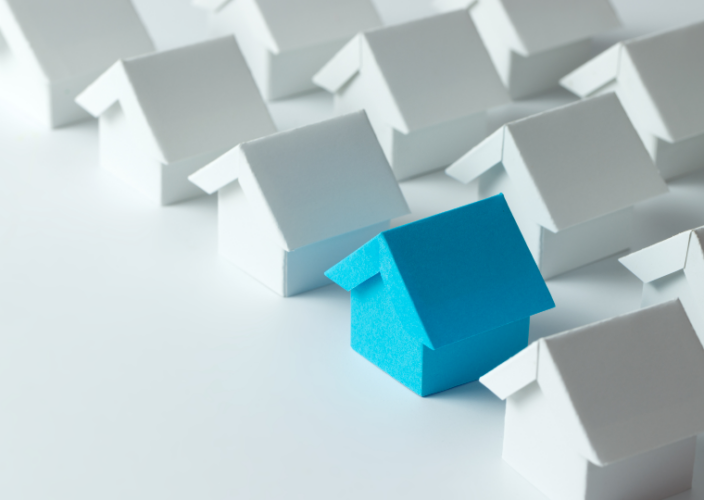
Nominal house prices grew by 0.8% over January and February 2024 compared to the same period in 2023, based on FNB data. This implies that prices in real terms have continued to fall significantly as the average consumer inflation (CPI) rate was 5.4%.
Regionally, houses sold the quickest in the Western Cape in Q1 2024. Turning to Rode’s forecast, the group still expects South African nominal house prices in 2024 to grow at a slower rate than 2023’s average of 1.5% amid a weak economy and elevated interest rates.
At the time of the last Rode Report in December 2023, the market was optimistic that interest rates in the US and in South Africa would decline several times in 2024. So far, no cuts in the US and locally have occurred due to sticky inflation, with many forecasts being pushed back to late in the year.
Turning to apartments, vacancy rates on a national level edged down to 7.9% in Q1 2024 from 8.1% in Q4 2023, according to Rode’s residential survey data. Vacancy rates are still up from the average 2023 level of 7.2%.
Regionally, the Western Cape continues to stand out with its low apartment vacancy rate of 2.3% in Q1 2024, well below the national average. In contrast, vacancy rates in Gauteng and KwaZulu-Natal were much higher.